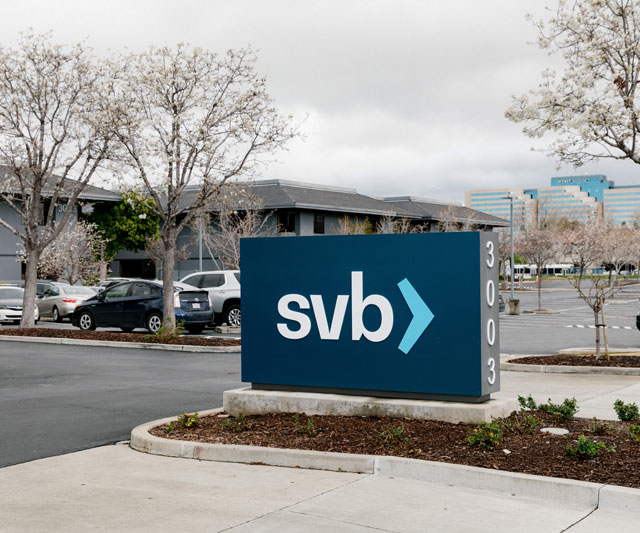After nearly 10 years running his own venture capital firm, Nick Chirls decided to call it quits this year.
His firm, Notation Capital, had raised three funds and invested in more than 100 companies. But Chirls said he had become disillusioned as venture capital grew from a collection of small partnerships into an industry dominated by firms that managed enormous sums.
The focus on accumulating and deploying as much money as possible “completely dehumanized the entire business,” he said.
Instead, Chirls is starting a new kind of firm. From the outside, the endeavor, Asylum Ventures, looks like his old firm, with a $55 million venture fund that will invest in very young tech companies. But the approach is set to be very different, making fewer investments over a longer period in companies that will not need to raise increasingly large funding rounds, he said.
Chirls and his partners, Jonathan Wu and Mackenzie Regent, are part of a small but vocal group of startup investors who are pushing back against venture capital’s changing scope and priorities. Venture capital investing has traditionally involved small groups of financiers who backed very young, very risky companies that couldn’t obtain traditional loans. The sums invested were often small.
But that changed in recent years as investors poured billions of dollars into unproven startups with little diligence, and investment firms expanded rapidly into new strategies and geographies. Last year, venture capital managed $1.1 trillion, up from $297 billion in 2013, according to PitchBook, which tracks startups.
The growth was, in some ways, a natural result of the outsize expansion of the tech industry over the last decade. The five most valuable public companies — Apple, Nvidia, Microsoft, Amazon and Alphabet — were initially backed by venture capital. And since many tech startups stay private longer than they did in the past, there were more opportunities for venture funds to back them.
The expansion has damaged what makes the tech industry special, Chirls said, which is why Asylum is aiming to do things differently. Most venture capital funds raise money from outside investors and deploy it in dozens of startups within two to three years. The startups then raise numerous rounds of funding, with the aim of selling or going public and earning a return for investors.
But Asylum plans to make only four or five investments a year over a longer period, Chirls said. It will also focus on backing startups that need only a small amount of money — as little as $500,000 — to get going.
“Those are rare,” Chirls said. “There are not hundreds of them.”
He said he was inspired by A24, the independent movie company known for hits like “Everything Everywhere All at Once,” which fosters small, unusual projects that the big Hollywood studios won’t touch.
Bryce Roberts, an investor at Indie.vc, a firm that encourages startups to put a priority on building sustainable businesses over raising the most money, said he supported these tiny forms of resistance.
“We’re still a small minority,” Roberts said. “My hope is it starts to validate this approach.”
Terrain, another firm, has also urged founders to explore new ways of expanding businesses beyond the typical startup track of raising more money.
Chirls, previously a bond trader at Lehman Bros., found his way to startups after the 2008 financial crisis. He was struck by the way some entrepreneurs he met, like David Karp, who founded the blogging platform Tumblr, approached building tech products as creative endeavors.
Chirls became an investor at Betaworks, a New York-based startup studio, before forming Notation with a partner, Alex Lines, in 2015. Notation was among the first funds focused on “pre-seed” investing, or the very earliest funding a startup raises.
The firm invested in startups including Bison Trails, a crypto startup that sold to Coinbase, and Parsec Cloud, a gaming startup that sold to Unity Software. So far, Notation’s first fund has returned more than three times the capital raised, while its second has returned more than 2 1/2 times, putting them in the top 5% of funds in the years they were raised, according to data from Notation Capital and Cambridge Associates, which tracks venture fund performance.
Since then, larger funds have moved into the pre-seed area, as the venture industry has become awash in cash.
The growth and a frenzy of startup deal-making — which Chirls said reminded him of his time at Lehman and “was indistinguishable from a trading floor” — peaked in 2021, he said. He considered leaving the industry but decided, with Wu and Regent, who worked at Notation, on a new approach.
Limited partners, which back venture funds, were willing to give Asylum more than the $55 million it raised, said Beezer Clarkson, an investor at Sapphire Partners, which put money into the new fund.
Clarkson said she appreciated that Chirls “stayed true to his power alley” by keeping the fund small, since smaller funds tended to perform the best.
c. 2024 The New York Times Company. This article originally appeared in The New York Times.







